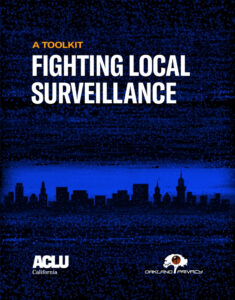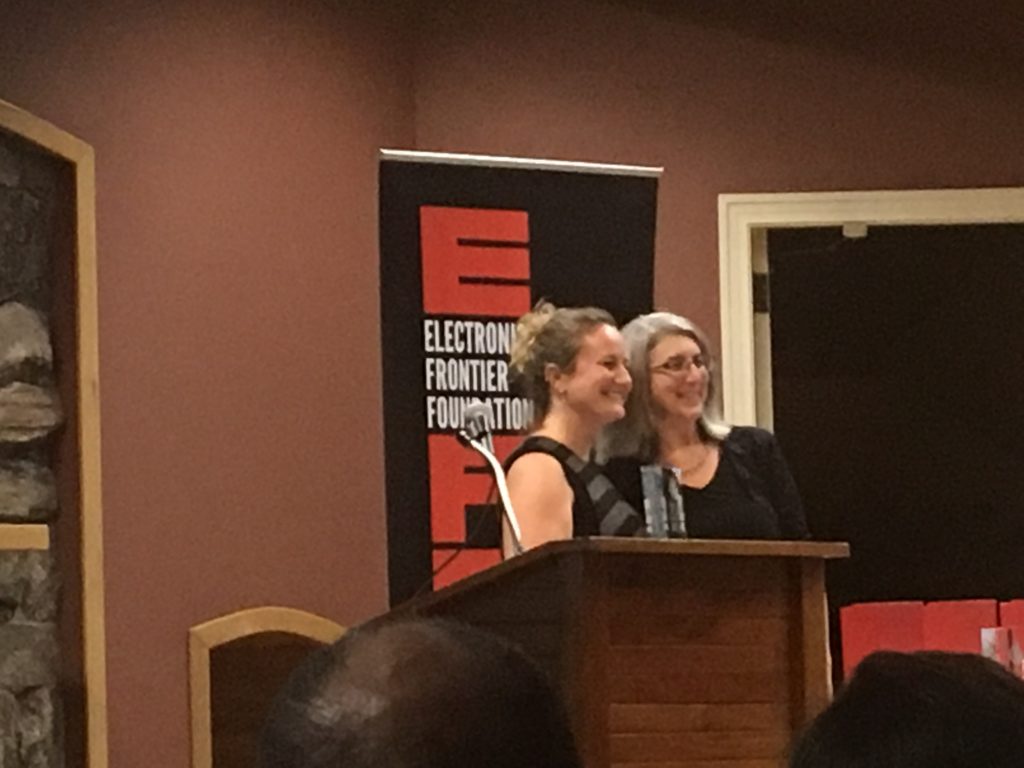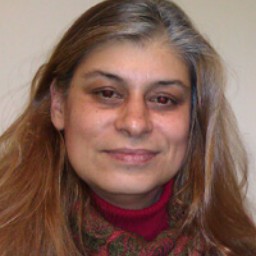by Lisa Rein & Matteo Borri – June 1, 2020
Download link for Bridgefy
- Introduction (What is a mesh network and how does it work?)
- How to hold your phone for the best reception
- Install Instructions (IMPORTANT “Before you Install” considerations: DO NOT SYNC CONTACTS when installing, if you wish to use anonymously)
- Battery Considerations
- Bandwidth issues – or: “Why you should keep it to text and LOW RES images (and not use too much voice or video)”
- Security Considerations
- Using Anonymously
- Using with your phone identified (forever, after the first time) and your contacts synced
- Encrypted messages between individuals vs. Clear text “group” messages using “Broadcast” feature
Introduction (What is a mesh network and how does it work?)
A mesh network application will allow you to continue to communicate – over bluetooth – even after all WiFi and cellular service has been interrupted.
So, for instance if your local city decides to turn off phone service on a given city block, you and your group of people will still be able to communicate with each other – in a small area. (About 100 meters, for example, if you had five people who were all about 20 meters away from each other.)
As long as there are a lot of people with bluetooth and Bridgefy installed within a given area, a “mesh network” will be enabled that has the potential to go even farther distances (than 100 meters).
More details here: https://medium.com/bridgefy/how-to-use-the-bridgefy-offline-messaging-app-b4799af7649b
How to hold your phone for the best reception
Reminder that Bridgefy basically turns a phone into a digital walkie talkie. So, you may need to hold it up and vertically to get the best range.
BATTERY Considerations
Using mesh networks uses up your phone’s battery very quickly – so be sure to bring extra batteries.
Bandwidth issues (Why you should keep it to text and LOW RES images (and not use too much voice or god forbid, video)
Bluetooth’s bandwidth isn’t the greatest. So, although you CAN send anything – anything but text will be very slow to move around and can slow down the network. It will work, but it’ll glitch out a lot.
Security Considerations
Using Anonymously
If you wish to create an “anonymous, unverified account” – remember when you are installing to NOT SYNC THE APP WITH YOUR CONTACTS when it asks.
Note that you and your friends can quickly “see” each other on the network, using the “Broadcast” group chat feature, BUT GROUP CHATS ARE NOT ENCRYPTED. (Perhaps you don’t care if the group messages are encrypted, since everyone is using anonymous names. Or, it could be really important that your group’s communications are not publicly seen.)
More details here: https://medium.com/bridgefy/how-to-use-the-bridgefy-offline-messaging-app-b4799af7649b
Using with your phone identified (forever, after the first time) and your contacts synced
If you sync contacts, it will grab your phone’s IMEI identifier. If you try to change your account name and save it (in “settings” under “About” and then “Profile”), it will give you the new name, but keep the old name in parentheses when you are identified to others as a user on their phones. Like this: “new name (old name).”
If you decide to let your phone be identified and let the app sync up with your contacts, you will have to be connected to the internet for it to configure properly.
Encrypted messages between individuals vs. Clear text “group” messages using “Broadcast” feature
Messages between two accounts are encrypted. The “Broadcast” feature is useful because it allows you to message everyone on the network at once, but in CLEAR TEXT.
Bridgefy uses RSA encryption for messages sent between individual accounts. Encrypted group chat is not yet available. (Only the unencrypted “group chat – with a default of “all users in range” that is available using the “Broadcast” feature.)
BEFORE YOU INSTALL
IMPORTANT:
Before you start installing the Bridgefy app on your phone, you need to decide if you wish to use Brigefy anonymously OR if you want to sync it to your contacts and have your phone uniquely identified.
DO NOT sync with your contacts if you EVER want to have an anonymous, unverified account. If you sync even ONE TIME. Bridgefy grab’s your phone’s IMEI identifier – and won’t ever forget it. (Even if you uninstall it, reboot your phone, and reinstall it.)
Again: Once you sync your contacts and your phone’s IMEI number has been identified you can’t create an anonymous account. You can create a new name, but when you look at your app – and when others see you on the network, the old name (in parenthesis) will keep showing up next to the new name.
Like this: New name (old name)
NOTE: You do not need to install the SDK to send and receive text messages over the mesh network. The SDK requires an account and is not needed to simply communicate and send text messages over the network.
Install Instructions
1. After deciding to be anonymous or to sync your contacts and be forever identified, install Bridgefy on to your phone (from your phone’s app store)
2. Give yourself an account name (make note of it perhaps – so you can tell others what it is).
3. If you are making an anonymous account, the program will say you have created an “unverified” account.
4. If you decide to sync with your contacts, make sure you are connected to the internet, say “yes,” and then give it a couple minutes.
5. After it syncs with them (which takes a minute) – all of your contacts that have Bridgefy installed will pop up under “contacts.” (Just like they way Signal brings up your contacts, if they also have the app installed.
Click on the “Contacts” icon along the bottom of the screen, and it will display:
1) any of your contacts that have the app installed
2) ALL USERS on the network that are “nearby” and can be messaged individually.
Note: Messages between individual users are encrypted, while group chats via the “Broadcast” feature are in CLEAR TEXT.
6. If no one is showing up under “nearby” in “contacts,” the other way of seeing folks on the network – and a good way to kinda “wake up” your system if you’re not seeing anyone on it – is to click on “Broadcast” (in the row of icons along the bottom of the screen).
7. After you click on it, an empty looking “Broadcast” window comes up with a text box at the very bottom where you can text to EVERYONE on the mesh network (IN CLEAR TEXT).
8. While on the “Broadcast” screen, you can find other users on the network by clicking on the upper right corner, where there is a contact-y looking icon with a red number showing you how many other people are on the network. Touch that – and it will give you a list of the people’s handles that are within range, so you can message people individually..
9. Although it’s very easy to text the whole group from the BROADCAST page, remember that it’s in CLEAR TEXT – AND EVEN USERS YOU HAVE BLOCKED CAN SOMETIMES SEE ALL BROADCAST MESSAGES (according to our testing). (Speak up if we’re wrong about this :)
9. So, whether you access your contacts via “contacts” along the bottom (after allowing it to sync to your contacts) – or access a list of “nearby” people you can message by clicking on the contact-ish icon in the upper right of the “Broadcast” window, once you can see a name, you can select it and:
-start a conversation
-delete a conversation
-block that user from getting any texts from you
Okay we think that about covers it. But we are open to adding more details or changing anything we might have gotten wrong. Please email us at aaronswartzday@protonmail.com.



